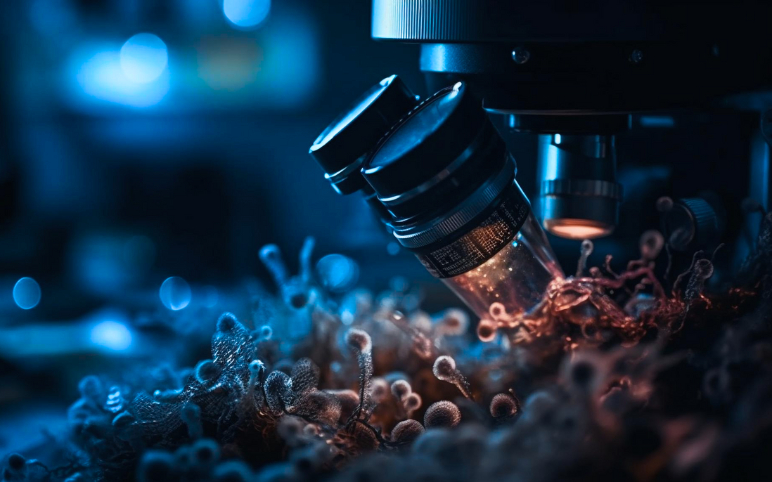Its initial plan was to create an antibody against IL-11 using those external platforms, but it found out that Australia’s CSL had several patents and molecules around that cytokine.
Blocking IL-11 could be even more effective than blocking other fibrosis-driving cytokines like TGF-beta. That is due to proteins like TGF-beta and CTGF all feed into a common pathway, IL-11, making it an “attractive focal point of profibrotic factors.
Lassen is primarily interested in fibrosis of the lung and liver. It is still pondering over which specific cancer indications it wants to pursue, but breast, lung and pancreatic cancers could all be potential targets.
PTC Therapeutics taps cancer drug for new COVID-19 trial
PTC Therapeutics is tapping a potential reworked pipeline med against COVID-19. The biopharma has been concentrating on rare diseases, is tapping its early-stage cancer drug, presently in a test for certain leukaemias, to check if it can help patients afflicted with the disease.
It is kick-starting a phase 2/3 trial of PTC299, a small oral molecule that prevents the cellular enzyme dihydroorotate dehydrogenase (DHODH), in the anticipation that it can reduce viral replication and uncontrolled inflammatory response.
The randomized, double-blind, placebo-controlled study will be in two stages and is set to commence in the U.S. soon.
The first stage of the test is comprising of 40 patients, followed by a larger cohort of around 340 patients. The primary aim is to evaluate how well PTC299 works compared with placebo as measured by time to respiratory improvement in adults hospitalized with COVID-19.
Humanigen shows early promise in COVID-19
Although infection with the novel coronavirus can result in severe pneumonia, most deaths associated with COVID-19 are due to a complication called a cytokine storm, an immune overreaction marked by the activation and release of large numbers of inflammatory molecules, which can harm the lungs.
Among the many drugmakers focusing to address the syndrome to achieve better COVID-19 results is Humanigen, a company run by Martin Shkreli. The company is reporting promising data from a study of its experimental drug lenzilumab in a small group of coronavirus patients, who received it on a compassionate-use basis.
The treatment with lenzilumab helped patients with severe and critical COVID-19 pneumonia recover after a median of five days in the 12-patient study and published on the medRxiv. That was a lot faster than the 10- and 11-day recovery time with remdesivir of Gilead Sciences—the only drug with an FDA emergency authorization in COVID-19.
Orca Bio violates the surface with USD 192 Million for high precision cell therapies
Bone marrow transplants can save the lives of patients by giving them a new immune system to combat cancer. However, life-threatening side effects can also occur. Hence their use is put down to the sickest of patients. Orca Bio intends to change by aiming how these treatments are made.
The Bay Area biotech is coming out of secrecy with a USD 192 million series D round that will drive a pipeline of high precision allogeneic cell therapies and the manufacturing technology behind those treatments. Orca Bio, founded in 2016, zeroed in on manufacturing to create bone marrow transplants safer and more effective.
There is a bit of a compromise – One can have precision and a few cells, or can have lots of cells and sacrifice precision. Many people deal with less precision in order to get the sheer number of cells to treat patients, but they focused on technology to process extremely large numbers of cells while still having single-cell precision.
Orca proposes to take donor T cells and stem cells, classify them into their different subtypes and join them in the right mixture for disease treatment.
They do not genetically modify. However, if they take these cells and build a proprietary mix of them with single-cell precision, they can define the function- as stated by Dimov, Orca CEO and co-founder.



